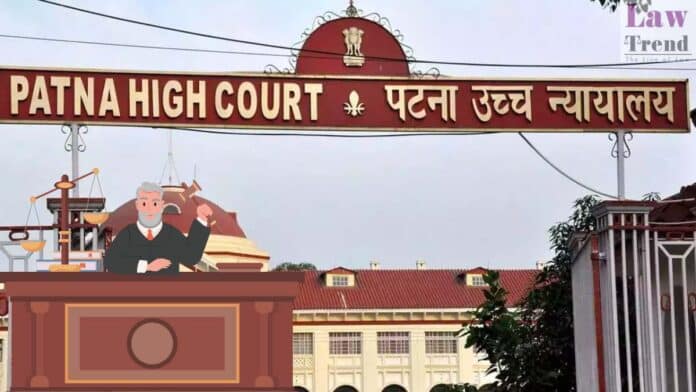The Patna High Court has held that the punishment of compulsory retirement awarded to a Central Industrial Security Force (CISF) constable was excessively harsh and has directed the Disciplinary Authority to reconsider the penalty and impose a lesser one. Justice Purnendu Singh passed the judgment while disposing of a writ petition filed by Deo Narayan
To Read More Please Subscribe to VIP Membership for Unlimited Access to All the Articles, Download Available Copies of Judgments/Order, Acess to Central/State Bare Acts, Advertisement Free Content, Access to More than 4000 Legal Drafts( Readymade Editable Formats of Suits, Petitions, Writs, Legal Notices, Divorce Petitions, 138 Notices, Bail Applications etc.) in Hindi and English.




